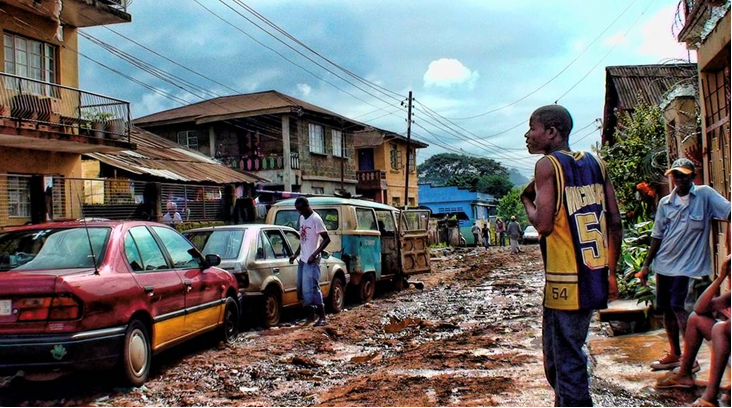URBAN YOUTH AND POST-CONFLICT AFRICA: ON RESEARCH AND POLICY PRIORITIES
Two tales from Freetown, Sierra Leone, drawn from my two years of fieldwork there illustrates how marginalized men are often regarded as youths if they aren’t married or have no proper jobs, no matter what their actual age.
Justice, I call him so because he is obsessed with justice, or maybe rather the lack of it in current day Sierra Leone. Justice quite often comes down to the street corner with minor bruises and scratch marks in his face or on his arms. People tend to laugh at him because it is his girlfriend doing this damage to him. She is a few years younger than Justice, who is in his mid-twenties. Justice is a typical Freetown street-dweller, although not one of the poorest as he, at least, has a roof over his head. His girlfriend is a prostitute that we hardly see, but we talk about her quite often. Justice does not want her to ply the streets at night, but when he tries to force her to stay home at night she fights him. It is not easy to keep a girlfriend if you are poor he says. Among the young men in the street corner we talk a lot about this. Many say they cannot afford to keep a girlfriend at all and furthermore knows that if someone with more economic leverage comes a long one’s girlfriend is frequently lost without battle. They also talk about the humiliating and unsettling fact that if they have a girlfriend she is most often a prostitute. It is painful to share your girlfriend with other men they all agree upon. To make things worse such girlfriends also have more money than them a fact that helps to turn traditional gender roles upside down, making the young men in the street corner into dependents. With reference to this, those in the street corner who fought in the Sierra Leonean civil war often dream about the days of the war when they “controlled” their girlfriends and frequently could afford to entertain several at the same time. Today however they have been remarginalized into what they see as a chronic state of youthhood. Continue reading

![978-0-8223-5077-4_pr[1]](http://matsutas.com/wp-content/uploads/2011/11/978-0-8223-5077-4_pr1.jpg?w=198)